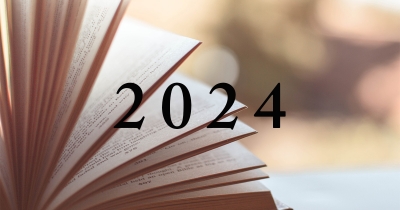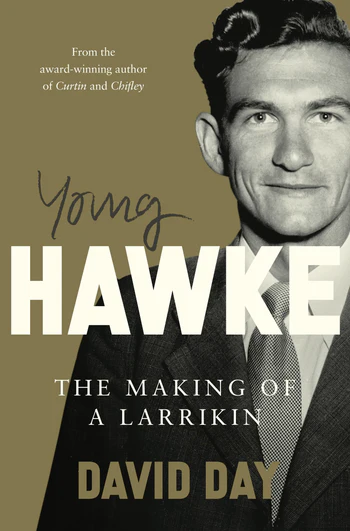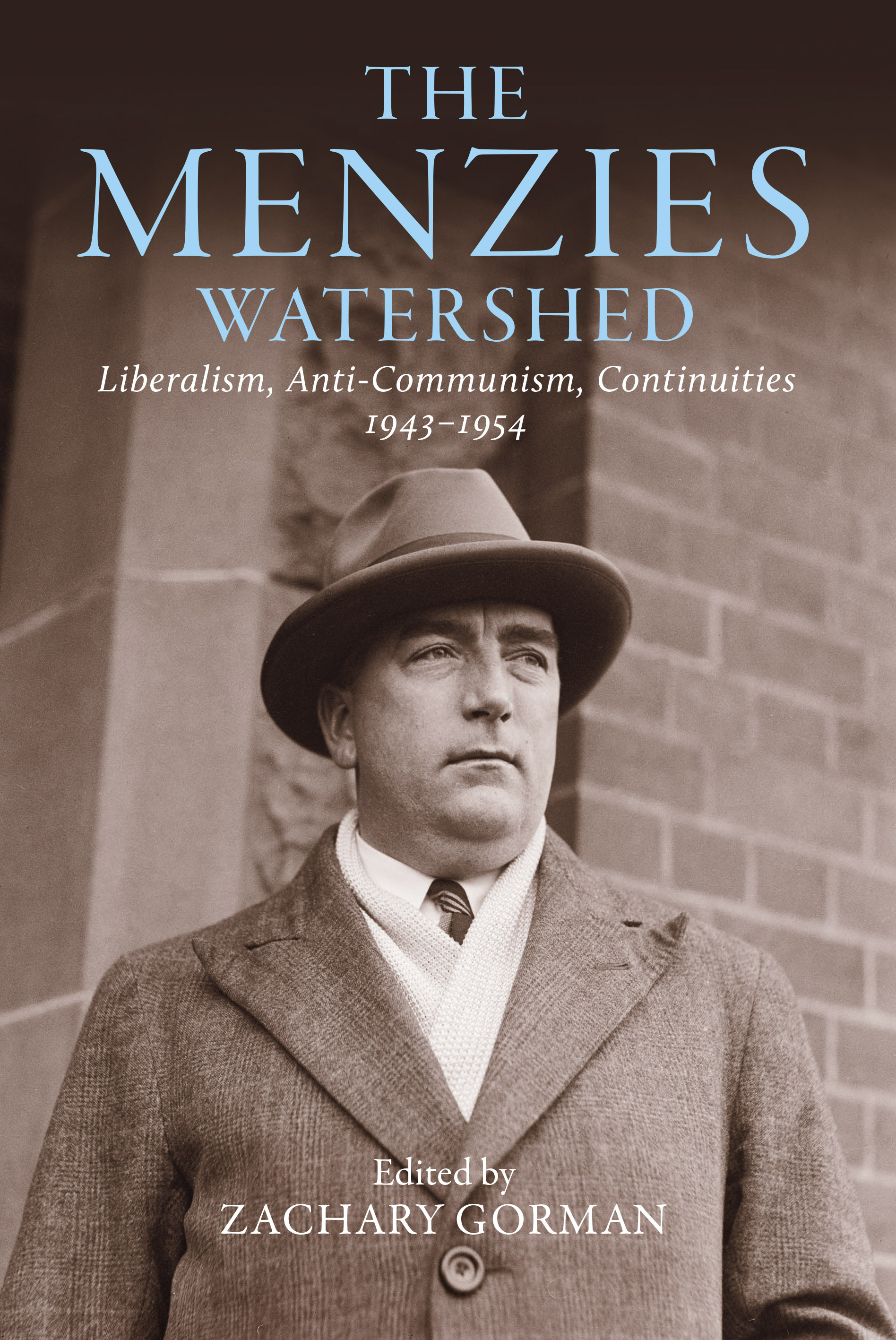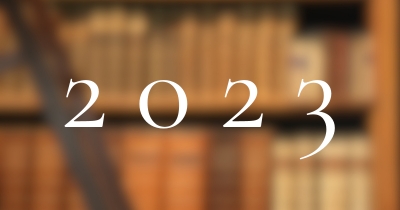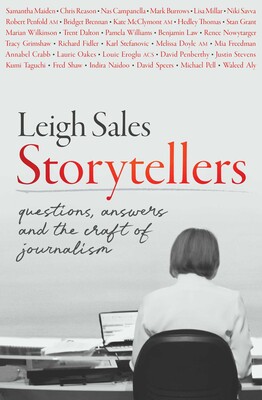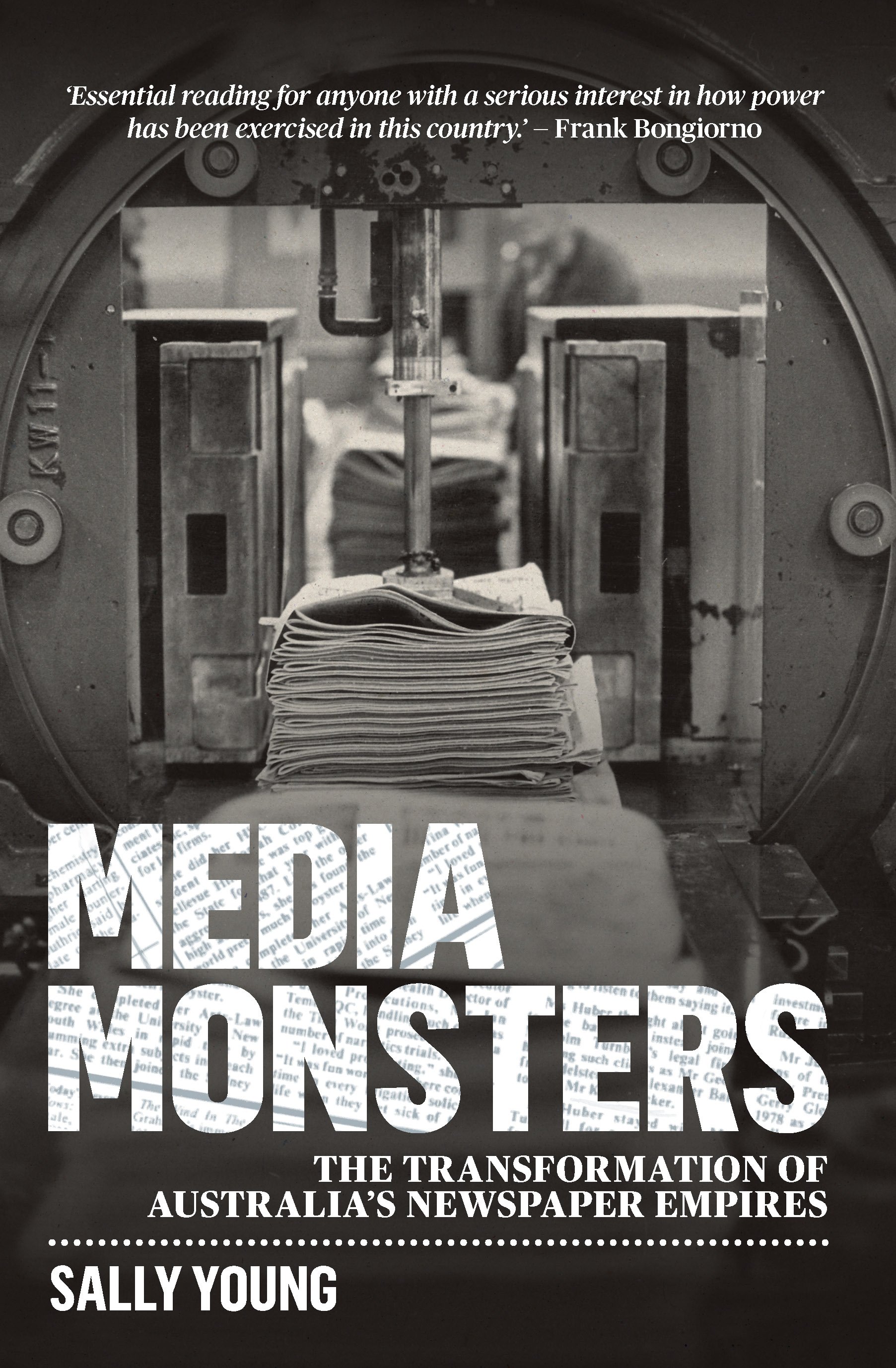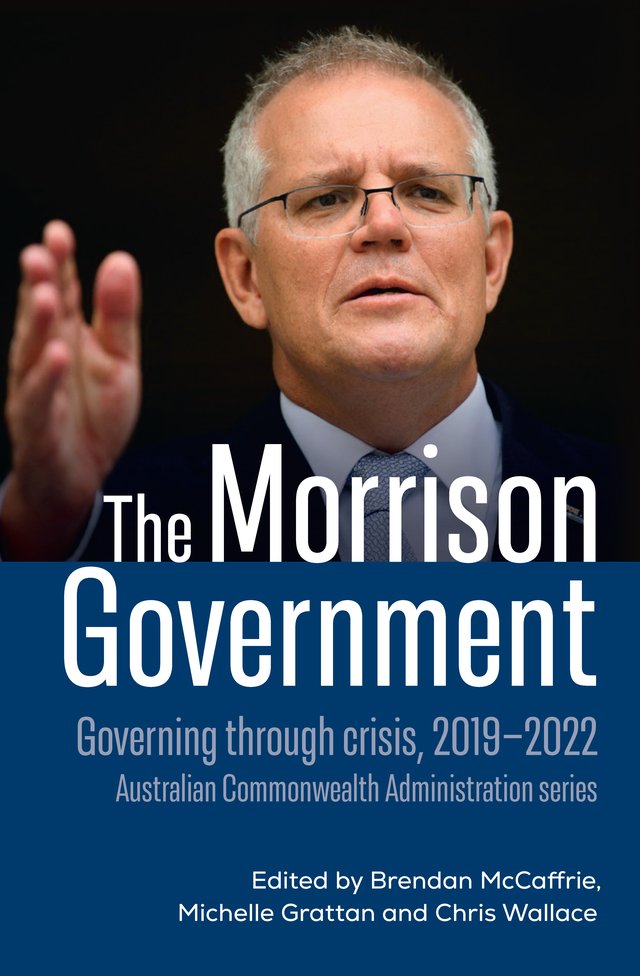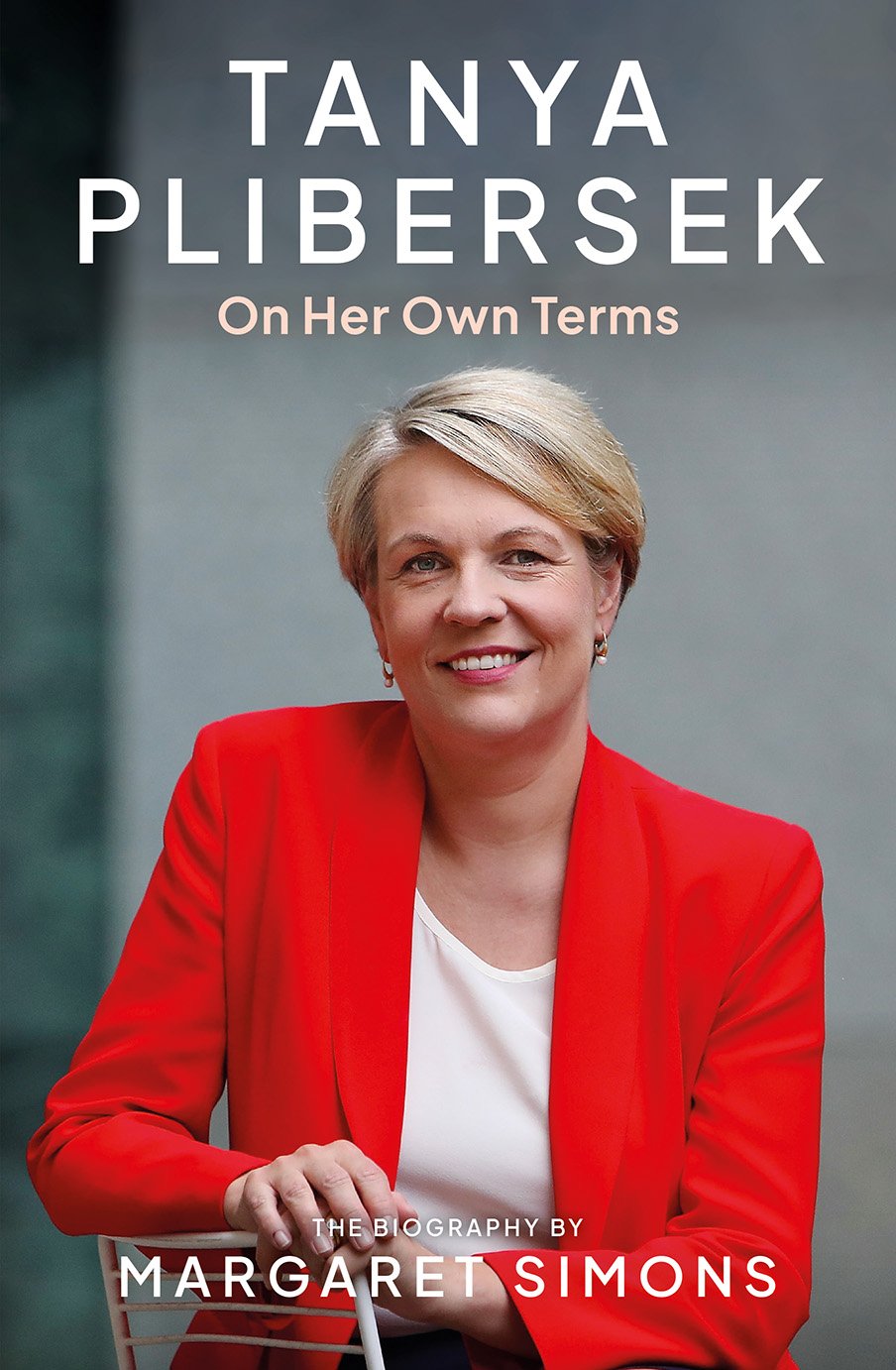Patrick Mullins
Film | Theatre | Art | Opera | Music | Television | Festivals
Welcome to ABR Arts, home to some of Australia's best arts journalism. We review film, theatre, opera, music, television, art exhibitions – and more. To read ABR Arts articles in full, subscribe to ABR or take out an ABR Arts subscription. Both packages give full access to our arts reviews the moment they are published online and to our extensive arts archive.
Meanwhile, the ABR Arts e-newsletter, published every second Tuesday, will keep you up-to-date as to our recent arts reviews.
Recent reviews
This week on the ABR Podcast we review a profile of opposition leader Peter Dutton. Bad Cop: Peter Dutton’s strongman politics by Lech Blaine is the ninety-third issue of the BlackInc Quarterly Essay. In his review of Bad Cop, political biographer Patrick Mullins begins by comparing Dutton to another cop-turned-politician in Bill Hayden. Listen to Patrick Mullins with ‘”Some grotesque Minotaur”: Peter Dutton’s aggressive formation’, published in the May issue of ABR.
... (read more)Bad Cop: Peter Dutton’s strongman politics (Quarterly Essay 93) by Lech Blaine
The Menzies Watershed edited by Zachary Gorman & Menzies versus Evatt by Anne Henderson
What the authors of these three wildly different books share is a gift for creating through language a kind of intimacy of presence, as though they were in the room with you. Emily Wilson’s much-awaited translation of The Iliad (W.W. Norton & Company) is a gorgeous, hefty hardback with substantial authorial commentary that manages to be both scholarly and engaging. The poem is translated into effortless-looking blank verse that reads like music. The Running Grave (Sphere) by Robert Galbraith (aka J.K. Rowling), the seventh novel in the Cormoran Strike crime series and one of the best so far, features Rowling’s gift for the creation of memorable characters and a cracking plot about a toxic religious cult. Charlotte Wood’s Stone Yard Devotional (Allen & Unwin, reviewed in this issue of ABR) lingers in the reader’s mind, with the haunting grammar of its title, the restrained artistry of its structure, and the elusive way that it explores modes of memory, grief, and regret.
... (read more)
